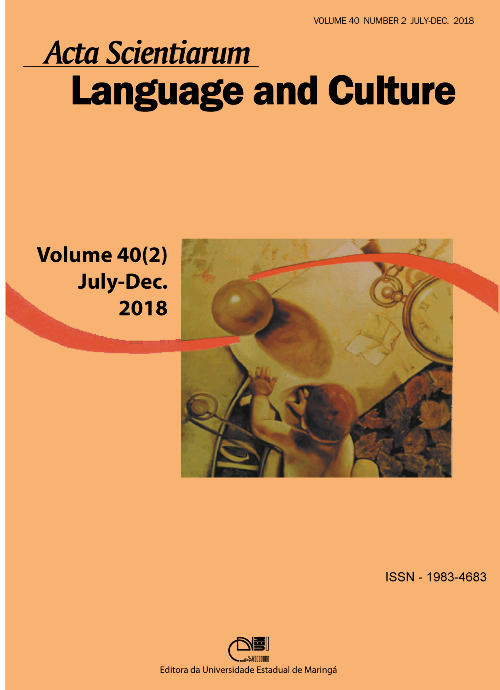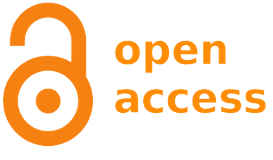<b>Literacy practices in higher education: students’ perceptions about writing in the disciplines
Abstract
Academic writing has recently attracted the interest of researchers. Writing in the disciplines has been less studied, although it plays a crucial role in evaluation and learning. This study, a design-based research, investigates the teaching of writing and its potential in the construction of disciplinary knowledge, with special focus on student representations. This study is part of a wider research focusing on reading, writing and learning on curriculum. It is intended to (i) reflect on teaching and learning in higher education, (ii) analyze the representations of students about writing and reading processes and (iii) present students reflections on learning. The study involved 85 students from the Education School of the Polytechnic Institute of Lisbon, Portugal. Data was collected through a survey and two focus group. The activities performed on the undergraduated course Language Developmnet are described and the students' reflections on their learning are critically analyzed. It is concluded that involving students in complex tasks is conducive to learning content and skills. The students use to plan and to revise their texts and they value feedback. The writing of an article is perceived by the students as an instrument of learning writing, the content of that course itself and integrating the content from other disciplines. One concludes that it is relevant to develop literacy practices in higher education.
Downloads
Metrics
DECLARATION OF ORIGINALITY AND COPYRIGHTS
I Declare that current article is original and has not been submitted for publication, in part or in whole, to any other national or international journal.
The copyrights belong exclusively to the authors. Published content is licensed under Creative Commons Attribution 4.0 (CC BY 4.0) guidelines, which allows sharing (copy and distribution of the material in any medium or format) and adaptation (remix, transform, and build upon the material) for any purpose, even commercially, under the terms of attribution.
Read this link for further information on how to use CC BY 4.0 properly.




















6.png)









